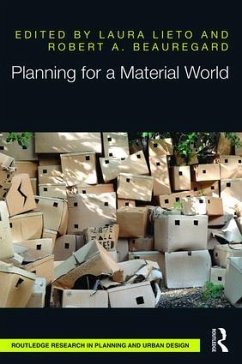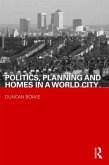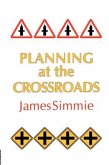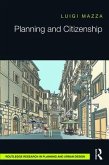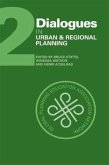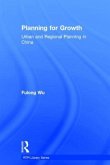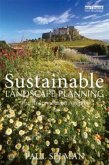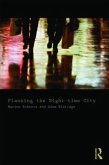Today, urban scholars think of cities and regions as evolving through networks of human associations, technologies, and natural ecologies. This being the case, planners are faced with the¿task of navigating a profoundly material world. Planning¿with and for humans alone is unacceptable: in the unfolding of urban processes, non-human things cannot be ignored. This inclusive vision has consequences for how planners envision the connections among norms, technologies and life-worlds as well as how they design and implement their plans.¿ The contributors to this volume utilize a variety of examples - ecologically-sensitive, regional planning¿in Naples (Italy); congestion pricing in New York City; and public participation¿in Europe, among others - to explore how planners¿engage a heterogeneous and restless world. Inspired by assemblage thinking and actor-network theory, each chapter draws on this "new materialism" to acknowledge, in quite pragmatic ways, that spatial politics is a process of becoming that is inseparable from the materiality of urban practices.
Hinweis: Dieser Artikel kann nur an eine deutsche Lieferadresse ausgeliefert werden.
Hinweis: Dieser Artikel kann nur an eine deutsche Lieferadresse ausgeliefert werden.

